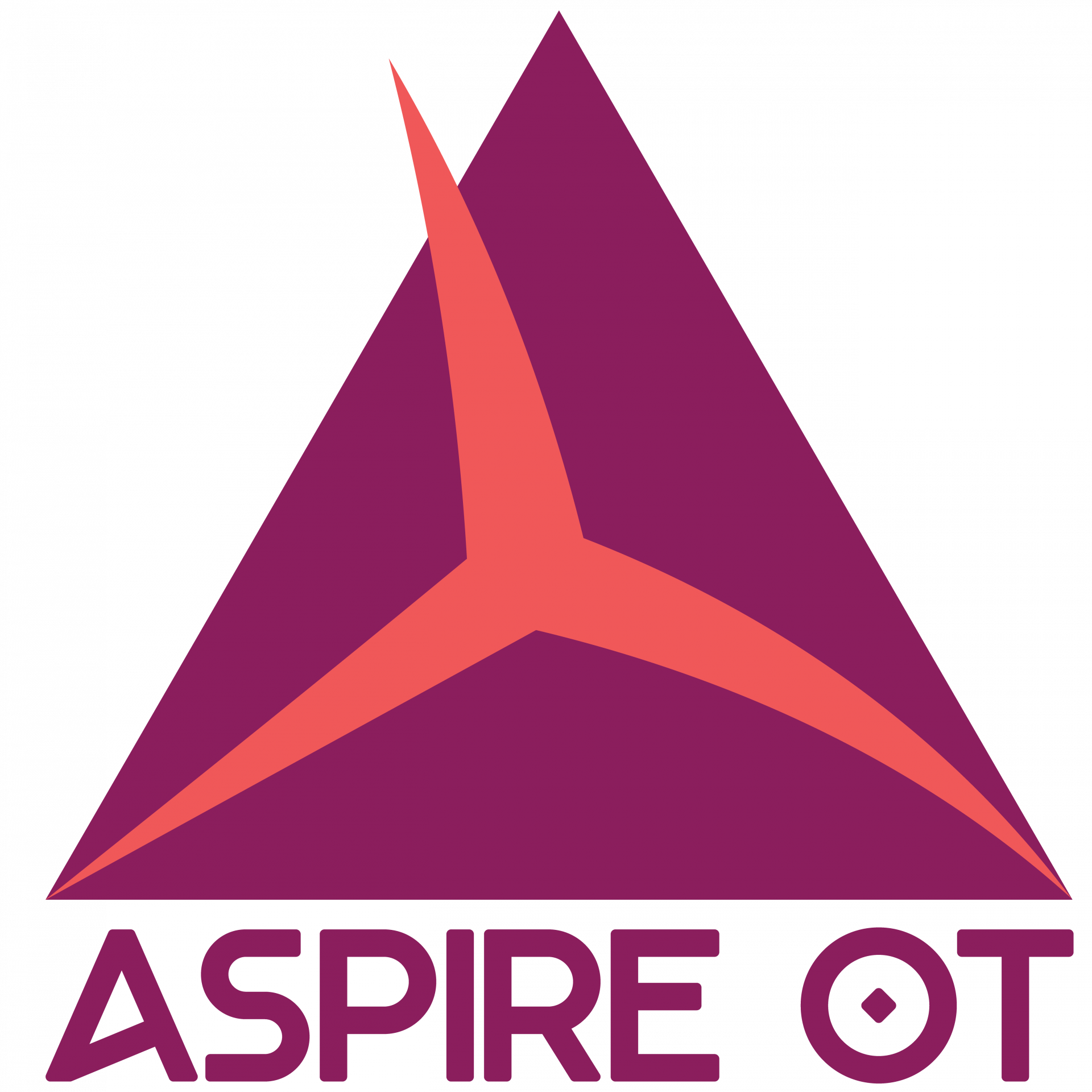Why Weight-Neutral Approaches Matters for OT Practitioners
What if the way we talk about health with our clients is inadvertently causing harm? As OT practitioners, we help people return to meaningful activities after illness or injury. Many of us work with clients on exercise programs, cooking skills, and daily routines that support wellness. While we're not prescribing diets or directly pushing weight loss as a primary goal, the language we use and the assumptions we make often suggest that weight loss is necessary for health and recovery.
The weight-neutral approach to health, also known as weight-inclusive care, offers a different path. Instead of implying that the number on the scale matters most, this framework prioritizes sustainable health behaviors, respect for body diversity, and occupation-based interventions that truly support long-term wellness.
Here are 4 key reasons why adopting a weight-neutral approach is essential for OT practitioners:
• Traditional diet and exercise programs fail most people long-term
• Weight is a poor predictor of individual health status
• Weight-stigma can cause psychological and physical harm
• Weight-centric approaches contradict occupation-based practice principles
Let's explore why this shift in perspective is crucial for providing ethical, effective care to all clients.
Reason 1: Diet and Exercise Interventions Don't Work Long-Term for Most People
You've probably seen it somewhere in your life (if not in a popular TV show), a person makes healthy changes and loses weight, only to gain the weight back later. When our language implies that weight loss should result from their efforts, we set up an expectation that biology often doesn't support.
Research consistently shows that five years after weight loss, more than 80% of lost weight was regained. This isn't because people aren't trying hard enough. Our bodies have powerful biological mechanisms that defend against sustained weight loss, including metabolic adaptation, hormonal changes, and increased hunger signals.
When our comments suggest that weight loss is an expected or necessary outcome of healthy habits, we inadvertently set clients up for a cycle of temporary success followed by perceived failure. This pattern can damage the therapeutic relationship and erode clients' confidence in their ability to make meaningful health changes.
Instead of language that implies weight change is necessary, we can help clients develop sustainable behaviors they can maintain regardless of what happens to their weight. This approach leads to more consistent implementation of positive health behaviors, improved health markers, and greater client satisfaction.
Reason 2: Weight Alone is a Poor Indicator of Health
One of the most persistent myths in healthcare is that you can determine someone's health status simply by looking at their body size. When we make assumptions or comments based on weight, we risk missing the bigger picture.
Research has demonstrated that people across the weight spectrum can be metabolically healthy or unhealthy. Studies of cardiometabolic health markers like blood pressure, cholesterol, blood glucose, and inflammatory markers show significant overlap across weight categories. Some people at higher weights have excellent metabolic health profiles, while some at lower weights show concerning risk factors.
When we assume someone's health status or recovery potential based on their weight, we risk over-pathologizing larger clients who may be quite healthy. We might suggest that weight change is necessary for function when the evidence doesn't support that conclusion.
As OT practitioners, we have the assessment skills to look at the whole person: their functional abilities, their participation in meaningful activities, their actual health markers, and the social and environmental factors affecting their wellbeing. Using these comprehensive assessments gives us a much clearer picture than weight-based assumptions ever could.
Reason 3: Weight-Focused Language Can Cause Serious Harm
Perhaps the most compelling reason to adopt weight-neutral language is the growing evidence that weight-focused messaging can actively harm clients, even when we're not explicitly prescribing weight loss.
Weight-focused comments also increase the risk of disordered eating behaviors and thoughts. Weight stigma, which can even be passed on through well-intentioned comments, can trigger restrictive eating patterns, binge eating, preoccupation with food, and disrupted hunger and fullness cues that interfere with social participation and quality of life. Weight stigma is also associated with increased anxiety, depression, poor body image, and social isolation. When our language reinforces the message that a client's body needs to change for them to be healthy, we contribute to this stigma and the stress it creates. Chronic stress itself is a significant health risk factor.
Additionally, fear of weight stigma in healthcare settings causes many people to delay or avoid medical care altogether, leading to later diagnoses and worse health outcomes. As OT practitioners committed to "do no harm," we need to consider whether our language might be contributing to these negative outcomes.
Reason 4: Weight Stigma Has Infiltrated OT Practice
As OT practitioners, we work with food and eating across the continuum of care. We help clients with grocery shopping, teach cooking skills, provide health literacy education around nutrition, address adaptive equipment for meal preparation, and support the occupation of eating itself. These are core areas of our practice where we can make a meaningful difference in people's lives.
However, our professional training as well as health information across society has emphasized the "dangers of obesity" rather than teaching us weight-neutral approaches to health promotion. Because of this, weight-stigmatizing language and assumptions have found their way into OT practice. For example, we might suggest that someone needs to lose weight to improve their function, refer to food like brownies as “bad,” imply that their body size is a barrier to their goals, or frame healthy eating in terms of weight management rather than nourishment and enjoyment.
This contradicts our occupation-based philosophy. Weight is not an occupation. When we allow weight stigma to influence our practice, we move away from focusing on what people need and want to do in their daily lives. We shift from supporting meaningful participation to treating the body as a problem to be fixed. But, when we center occupation rather than weight, we stay true to our professional identity while providing more effective, personalized, and sustainable interventions that truly support our clients' wellbeing.
Learn More in Our Continuing Education Course
The weight-neutral approach represents a significant shift in how we talk about health, but it's a shift supported by both research evidence and our core occupational therapy values. By adopting weight-neutral language and approaches, we can provide more effective, ethical, and occupation-centered care that truly supports our clients' long-term health and wellbeing.
Ready to deepen your understanding of weight-inclusive practice? Our continuing education course explores these concepts in greater detail and provides practical strategies for implementing a weight-neutral approach in your OT practice. You'll learn evidence-based alternatives to weight-focused language and approaches that focus on weight.
Join us to discover how you can provide better care while staying true to the foundational principles of occupational therapy. Your clients deserve an approach that respects body diversity, promotes sustainable health behaviors, and focuses on what truly matters: living a full, meaningful, and engaged life.



